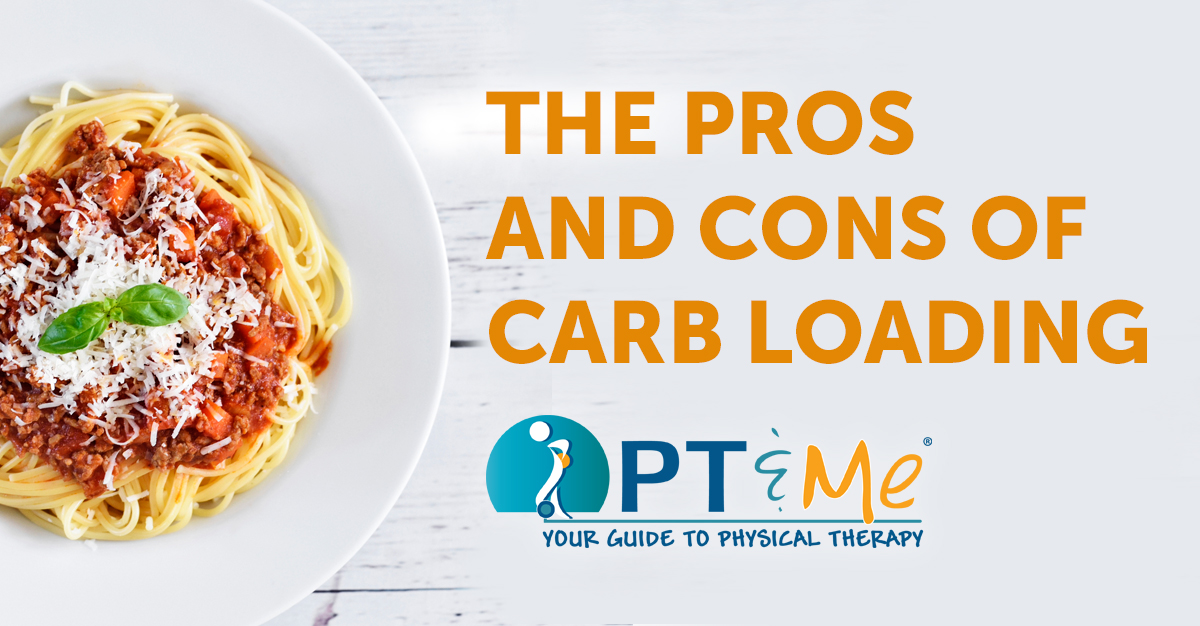
Carb-loading diets have recently become popular in the sports and fitness community as a way to improve stamina and boost energy levels by increasing muscle glycogen levels by about 50%. Carbohydrates are your body’s main energy source when exerting yourself, and complex carbs such as legumes and whole grains are an essential part of every athlete’s diet. Carb-loading, however, is not a beneficial strategy for everybody. Loading up on carbohydrates has both its pros and its cons for different athletes.
What is Carb-Loading?
Carb-loading involves increasing carbohydrate intake around one to four days before a sporting event. Excess carbohydrates are stored in the muscle as glycogen, which offers a source of protein during physical exertion. The idea of carb-loading is to maximize glycogen stores in muscles before a competition, helping to improve stamina.
Loading up on carbs before an event works best for endurance sports such as marathon running, long-distance cycling, cross-country skiing, and lap swimming. It’s not as effective, however, for high-intensity team sports and everyday training. In general, carb-loading is best reserved for activities that involve more than 90 minutes of nonstop moderate to high-intensity exertion.
The Benefits of Carb-Loading
When applied to a training routine properly, carb-loading can help athletes to go for longer without experiencing fatigue. Normally, only small amounts of glycogen are stored in muscles, and when this supply runs out, exhaustion sets in. Carb-loading increases glycogen stores in tissues, giving individuals more energy at their disposal to use during competition. Eating plenty of carbohydrates also helps to build muscle mass and prevent age-related muscle loss.
The Pitfalls of Carb-Loading
Following a carb-loading diet can cause more harm than good for certain populations. Casual gym-goers and high-intensity sports teams should avoid too many carbohydrates, as such a meal plan can lead to water retention and weight gain. Not only will this affect physical performance, but it may have long-lasting health implications. Carb-loading can also cause digestive problems such as bloating. Many foods that are rich in carbohydrates also contain dietary fiber which, while beneficial in small amounts, can lead to constipation and diarrhea in large doses.
While carb-loading can be beneficial for some individuals, it’s not necessarily an ideal strategy for all athletes. Eating an excess of carbohydrates only increases stamina for those who are competing in long-distance or endurance events. For daily workouts and most popular sports, carb-loading can actually detract from performance and lead to weight gain and digestive issues.
Read more information about Game Day Nutrition.


